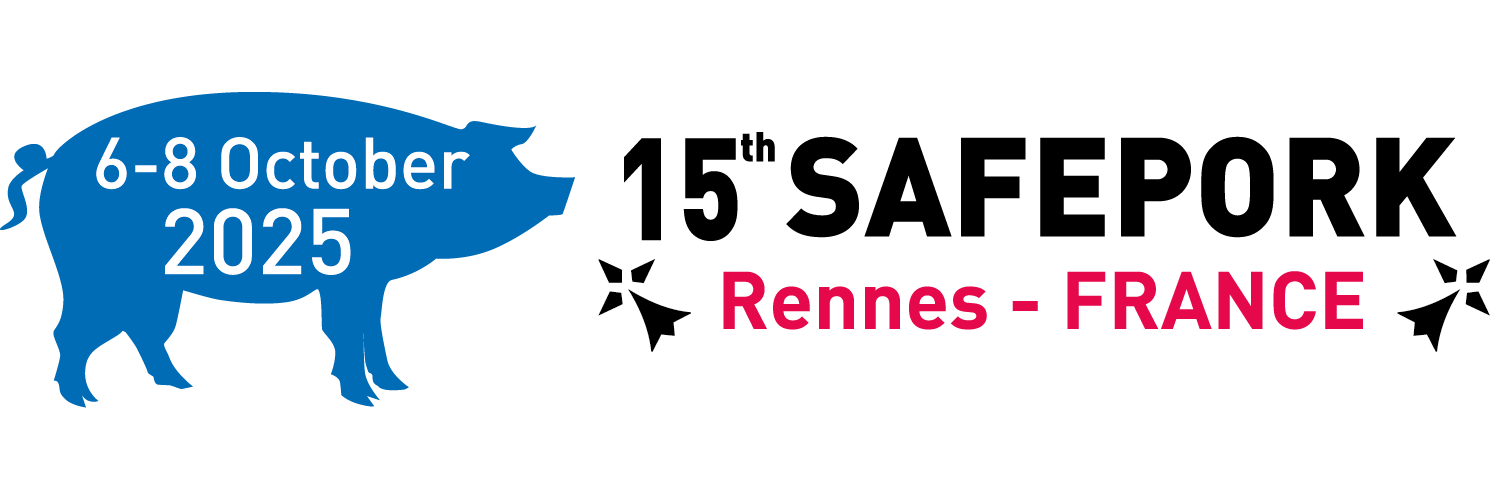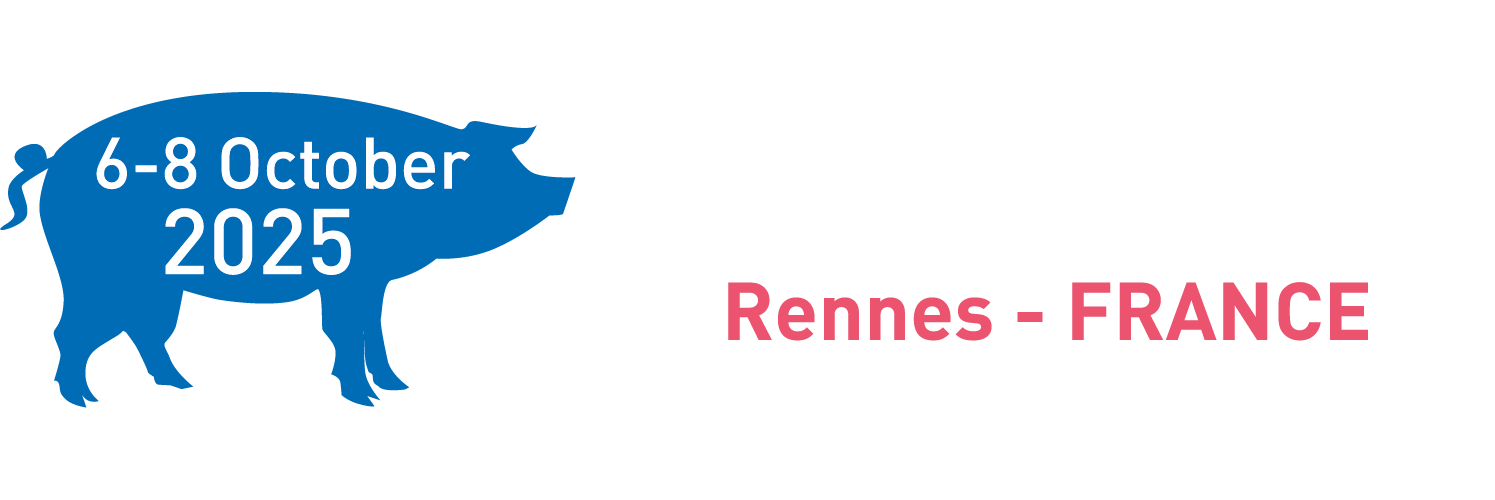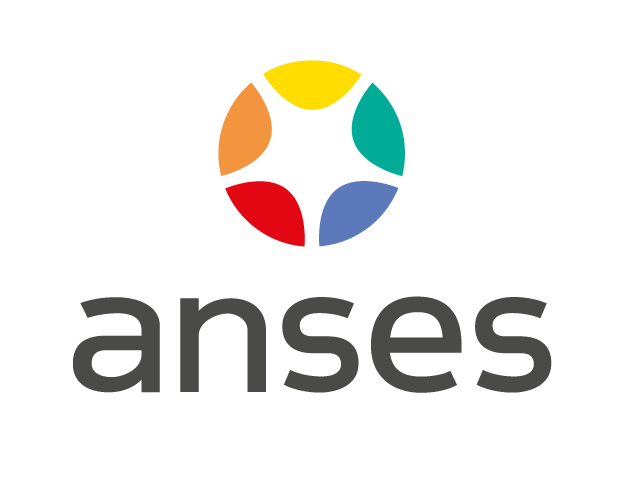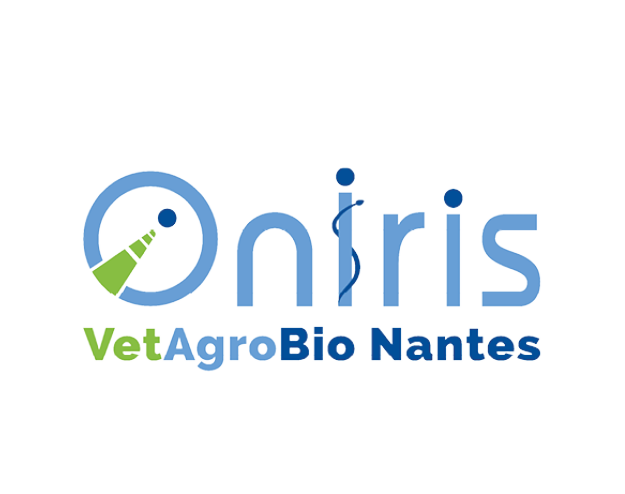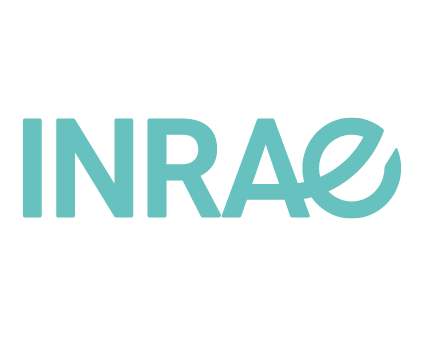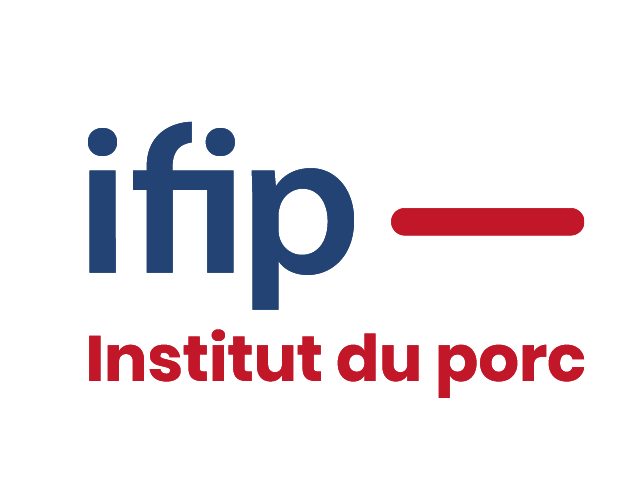Invited speaker

Diane Cuzzucoli, Head of the Office for Integrated Risk Management, Directorate General for Food (DGAL) Ministry of Agriculture and Food Sovereignty, France.
The French Ministry of Agriculture and Food Sovereignty, through its Directorate General for Food (DGAL), is tasked with ensuring food safety, animal and plant health, and the sanitary quality of agricultural production throughout the entire food chain. Within this context, Diane Cuzzucoli leads the Office for Integrated Risk Management, where her team spearheads strategic initiatives aimed at enhancing the coherence and agility of official food safety surveillance systems. Her work emphasizes the implementation of a “One Food Chain” approach—from farm to fork—to more effectively anticipate and manage sanitary risks. The office serves as a key interface for sanitary signals and leads international food safety intelligence efforts.
Her team coordinates the development and deployment of France’s national and official integrated surveillance strategy (PSPC system), which brings together stakeholders from various sectors to establish a comprehensive, data-driven official risk governance framework. With expertise in food safety, data management,quantitative risk assessment, and surveillance engineering, Diane drives innovation in risk-based monitoring and contributes to the creation of a more preventive and resilient food safety system.
Through the collaborative work of the food chain surveillance platform, which DGAL co-coordinates with INRAE and Anses, and by taking into account the efforts of private sector stakeholders in food chain surveillance, her team fosters the dissemination of vital information and highlights the collective contributions made by all actors within the food safety ecosystem. At SafePork, she will present key advances and challenges in implementing integrated, cross-sectoral sanitary risk management in France.

Caroline Duchaine, Professor Department of biochemistry, microbiology and bioinformatics, Université Laval and Tier-1 Canada Research Chair on bioaerosols.
Swine confinement buildings lie at the heart of one of Prof Duchaine’s key research themes, which seeks to unravel the complexities of bioaerosols in agricultural settings, with a particular focus on their behavior, mitigation strategies, and associated risks. Viral, bacterial, and microbial aerosols not only influence animal production systems but also pose significant challenges to occupational health. Prof Duchaine’s work spans the spectrum of biosafety, encompassing the modeling of virus transport and the development of mitigation approaches. Within this context, bioaerosols serve as a versatile lens for advancing multiple objectives. Prof Duchaine’s laboratory stands at the forefront of pioneering research into the airborne transport of infectious agents, as well as microbial components that profoundly affect swine production efficiency and health. Her laboratory develops and uses versatile approaches to characterize bioaerosols: molecular, bioinformatics, air sampling, culture, DNA sequencing and engineering
DVM Derk Oorburg, Quality Director Vion Netherlands, Boxtel B.V. (NL).
Veterinarian, Diplomate of ECVPH and within Vion responsible for Food Safety, Animal Welfare and Product and Process Integrity for our sites in the Netherlands and Belgium. He likes to connect science and practice to continuously improve food safety and animal welfare. Translating innovative ideas in day to day improvements is what he thinks is an important part of being a VPH professional, either being in the industry, academia or at the governmental level. Derk is also a trainer on the current and future challenges and needs of slaughterhouses.
Nicole Pavio, Head of the UMR Virologie, Anses, INRAE, EnvA.
Nicole Pavio is the Director of the Joint Research Unit UMR Virologie, which studies zoonotic or epizootic viruses of major importance to human and veterinary public health. The scientific strategy includes basic questions on the biology of viral pathogens as well as applied research on epidemiology, vaccinology and mechanisms of virus-host cell interaction. For example, Nicole Pavio is conducting a series of projects on the epidemiology of hepatitis E virus in animal reservoirs, particularly the swine reservoir. She is also developing study models to investigate the factors involved in the crossing of the species barrier.
